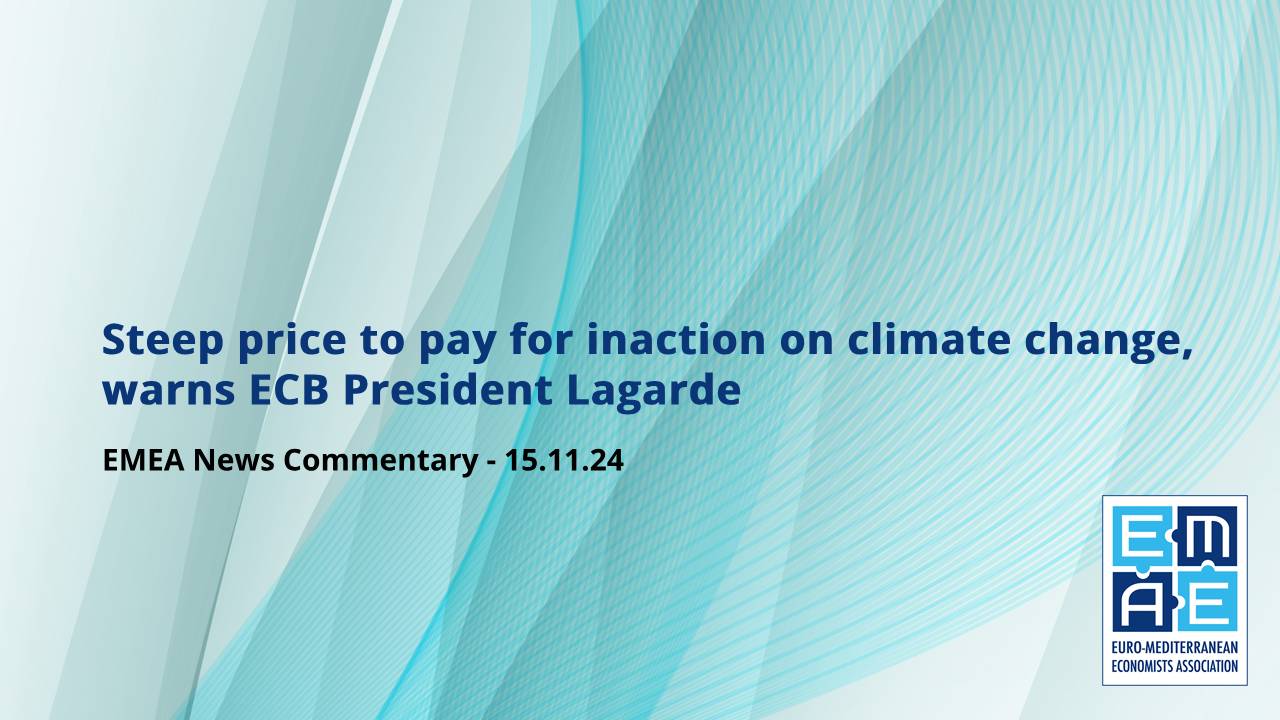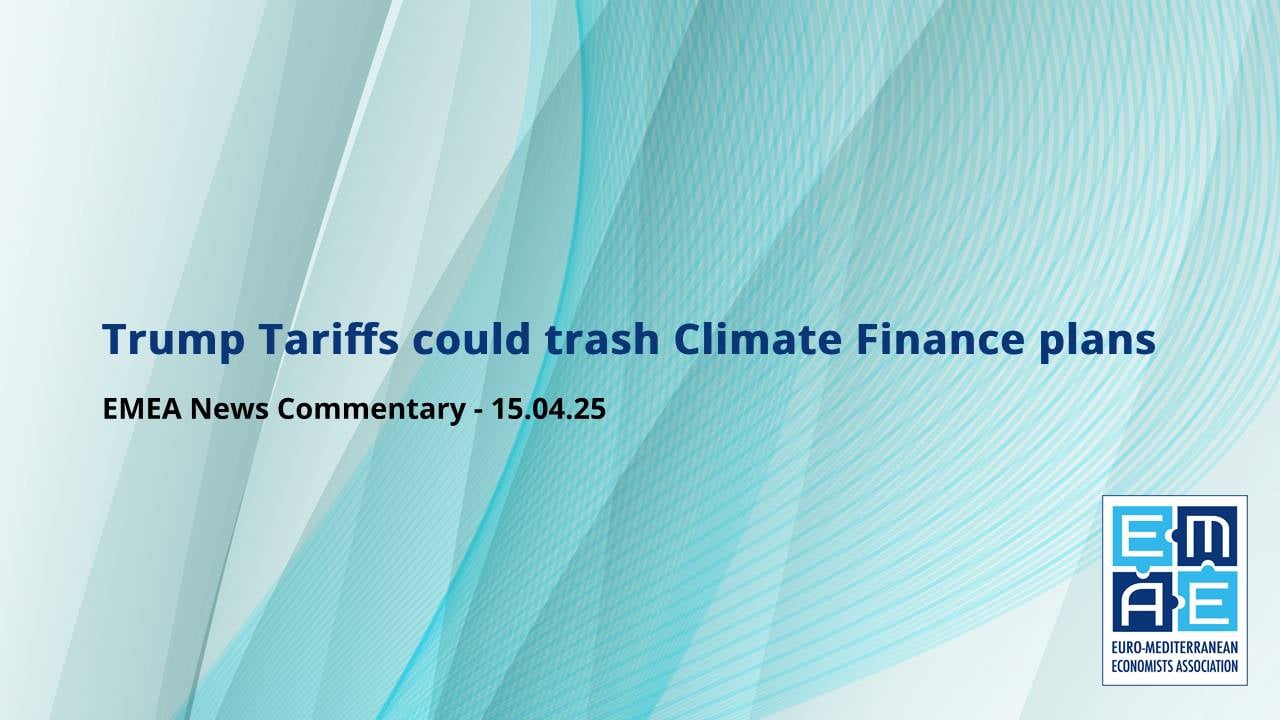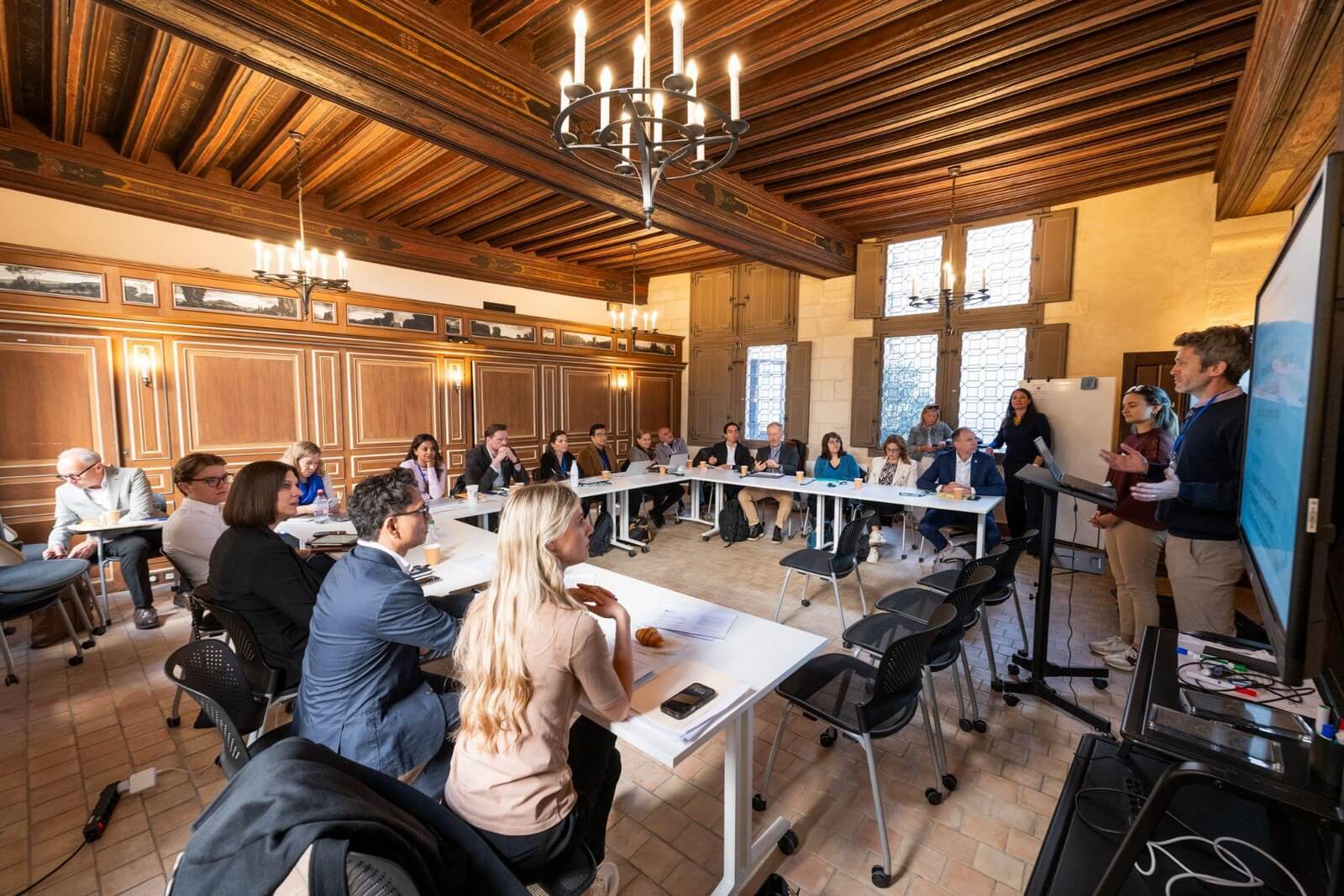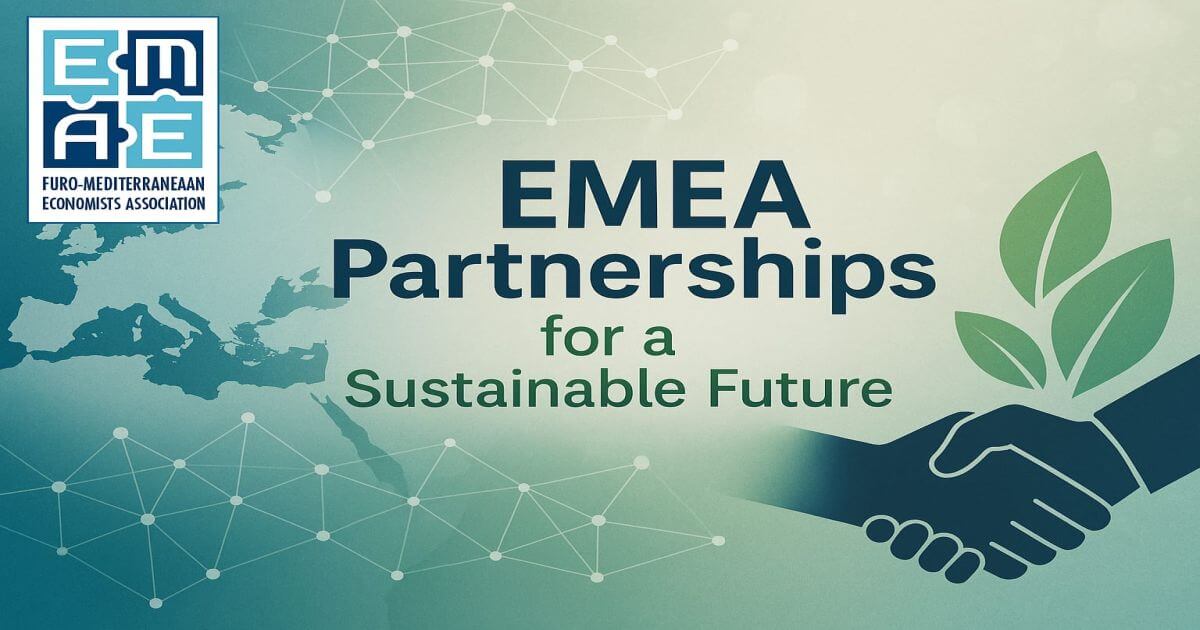Global economic survival depends on unlocking green capital, with Governments, companies and investors collectively having a major role to play in funding the energy transition, according to the President of the European Central Bank, Christine Lagarde.
Writing in the Financial Times, Lagarde said that there would be a steep price to pay for inaction, if climate change and safeguarding nature wasn’t confronted.
“Tackling climate change and safeguarding biodiversity fairly and equitably is not a task we can afford to leave to future generations — it is our duty to act now,” she declared.
Reflecting on the recent catastrophic floods in the Valencia region of Spain, damaging hurricanes in Florida and continuing droughts in the Amazon basin, Lagarde said: “These events are …. ruining the foundations of our economies and, ultimately, the basis of our economic survival.”
Investment in climate change mitigation, adaptation and disaster relief were needed to tackle the crises. “We must curb climate change to the greatest extent possible, prepare ourselves for what we cannot avoid and help those who are hardest hit,” she urged, adding that only a small percentage of necessary funding had been mobilised to date.
Estimates by the UN Environment Programme (UNEP) put the economic transition costs needed to achieve climate change mitigation at $11.7tn annually by 2035, roughly 10 per cent of global economic output. Clean energy investment would need to triple by 2030.
“We urgently need to unlock all possible sources of capital, at speed and at scale, and to put in place the regulatory conditions to finance our green future and preserve nature,” Lagarde urged.
But she admitted that regardless of what financial action was taken, climate change and nature degradation would result in societal transformation.
Need for greater adaptability and resilience
Even looking at the most optimistic scenarios, Government intervention would be needed to bring about the necessary change. Becoming more adaptable and resilient was imperative but “we must do so in a manner that is fair and equitable” especially for the those at greatest vulnerability.
Largarde also spoke of a widening financing gap between the investment that was needed compared to what was planned.
UNEP had estimated that the financial requirements were 50 per cent higher than previously anticipated – 18 times greater than current commitments, she wrote. Falling behind on funding would increase the risk of natural disasters and the need for disaster relief.
And she called on the developed world to come to the aid of countries and regions most at risk “for both humanitarian and economic reasons.”
The gap between insured and uninsured losses
Nevertheless, financing efforts were falling way short, partly as a result of an ever-widening gap between insured and uninsured losses.
She cited Swiss Re figures, which revealed that just 38 per cent of the total $280bn in global economic losses in 2023 was insured – and most of this was centred on the industrialised world.
Lagarde recognised the emergence of the Loss and Damage Fund, formulated at COP27. In turn, COP29 would provide further opportunity to introduce fresh money into the kitty, with more financial support needing to be drawn from developed countries to quell “the unequal impacts of climate change.”
The ECB and other central banks were very mindful of the threats imposed by climate change and nature degradation during their attempts to maintain pricing stability, sound banking and a safe financial system. This involved the constant gathering and analysis of data.
“This can help to guide already committed and future funding efficiently, so that the economy will align with the Paris goals,” she said, but reiterated that it was governments who had the means and tools to play the greatest role in the fight against climate change, with support from companies, capital markets and venture investors to finance green innovation.
The EU, too, could affect change through structural policies, fiscal incentives (such as carbon pricing and abolishing fossil fuel subsidies), transition plans and progress on the capital markets union. These were “all critical to removing investment barriers and accelerating the green transition.”
COP29 marked the point where the global climate finance gap could be closed, Lagarde added.





